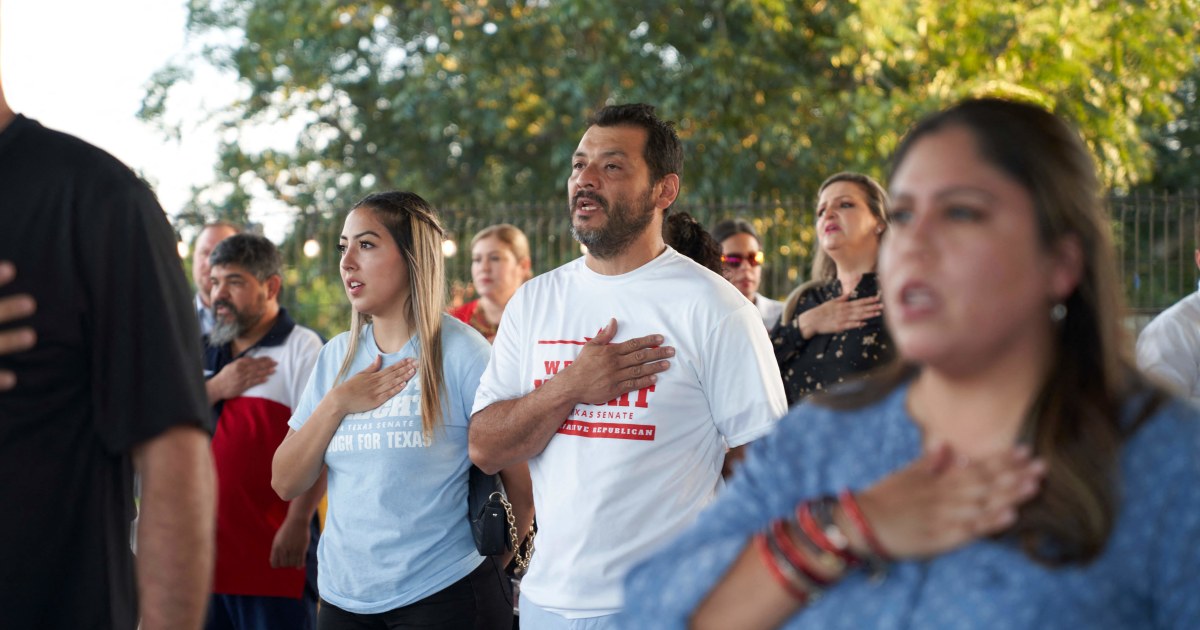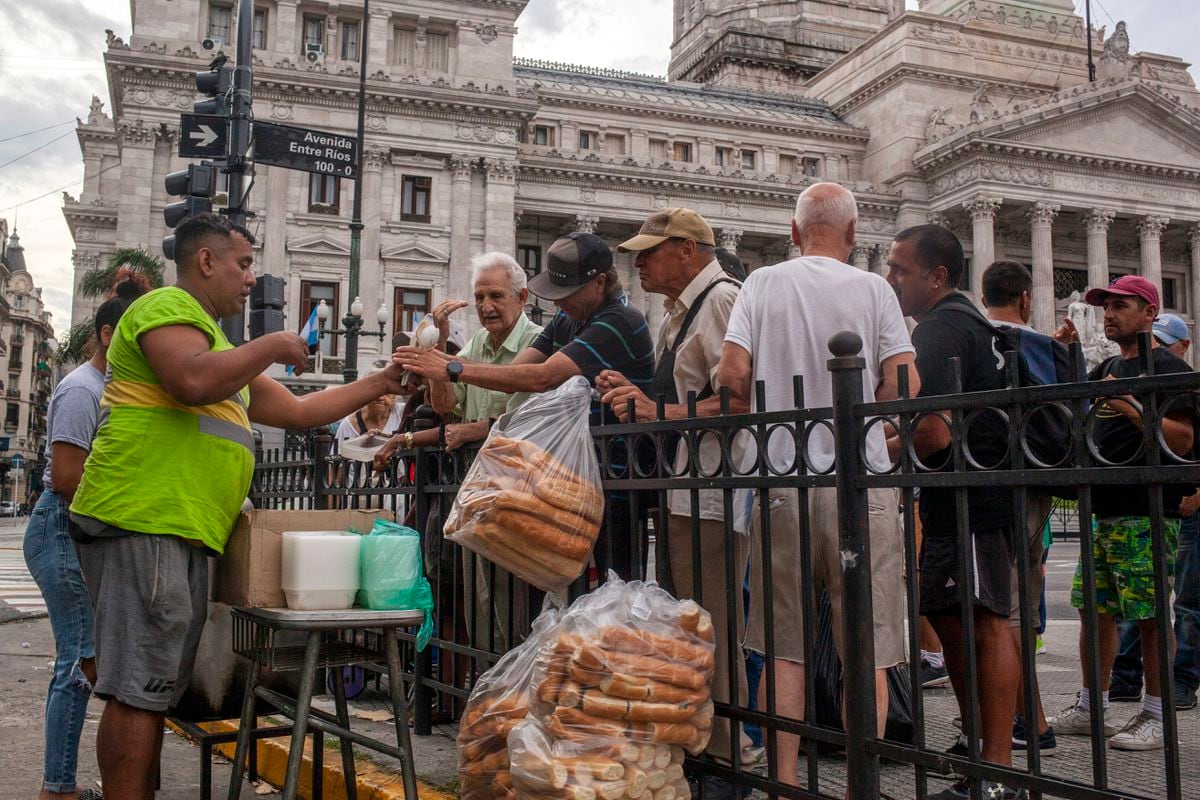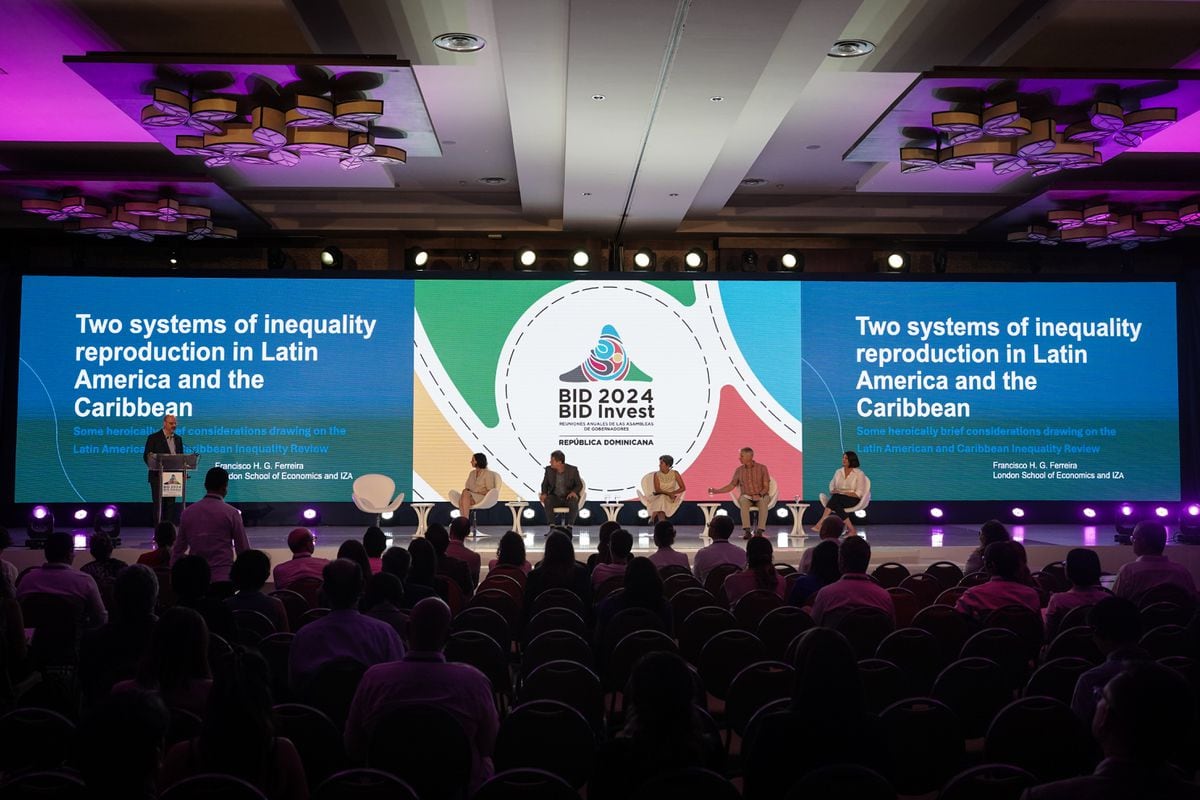Nikolai Leonov, during an interview with Cuban radio and television. Wikipedia
The death last Wednesday of Nikolai Sergyevich Leonov in Moscow, at the age of 93, snatches from contemporary political history one of his closest Marxist witnesses and notaries.
And this in his capacity as historian of the American revolutions, biographer of Fidel and Raúl Castro, high-ranking officer of the intelligence services of the Soviet Union (KGB) and high-level interpreter.
In the organizational chart of this Soviet espionage and counterintelligence state organization, Leonov, born in Russia in 1928, who would reach the rank of lieutenant general, would come to assume responsibility for Soviet intelligence in the Western Hemisphere in the 1980s. twentieth century.
His adult public life began in 1953 when, on a boat trip from Genoa to Veracruz (Mexico), where he intended to study Aztec history, he accidentally met a young man who caught his attention because of his interest in history and in Russia: Raúl Castro, who was traveling on the Italian ship
Andrea Gridi
with two Guatemalan friends.
They forge a friendship thanks to an unexpected episode, since, by chance, a port strike in Marseilles moved Castro and his friends to the port of Genoa, on their way back to America;
the crossing lasted 38 days.
On the trip, Leonov, who could not go ashore on any of the Spanish and Portuguese stops on the voyage, as there were no diplomatic relations in Spain or Portugal with the USSR, admitted having tasted bananas from the Canary Islands for the first time, “ a delicious tropical fruit, which Raúl bought for me, isolated on the ship, in a Canarian port” he commented with a smile in an interview granted to Cuban radio and television in 2015.
Upon arrival in Havana, Castro and his Guatemalan companions were detained by dictator Fulgencio Batista's police.
Leonov, saddened by the arrest of his friends, feared that he would never see them again.
He was then a student of History at the Institute of International Relations in Moscow and continued his trip to Mexico, his destination, where he worked as an assistant to the Soviet legation and applied to complete his studies in Spanish language and American history with a doctoral thesis.
His thesis dealt with the
Mexican Cristeros
, protagonists of a civil war, with religious implications, that bloodied the Aztec country and developed within the framework of the Mexican Revolution at the beginning of the 20th century.
A month and a half after his arrival in the Aztec capital, Leonov found out from the press about the assault on the Moncada barracks in Cuba and discovered something that Raúl Castro had hidden from him: that they were the ones who carried out the military action, the prelude to the revolution. on the Caribbean island.
"Until then, Cuba hardly mattered in the Kremlin," Leonov pointed out, "but from then on, it began to gain relevance."
Some time later, in Mexico, by chance, as he pointed out, he ran into Raúl Castro on a street, who had been deported by the Cuban authorities.
Raúl would introduce him to his brother Fidel and Ernesto
Che
Guevara.
"I considered Guevara to be a chemically pure communist," Leonov said.
He left her his business card and stopped by to pick up some books.
A short time later, during a police raid on the Castros' house, his card was discovered and a scandal arose in the press.
"They said that
the hairy hand
of Moscow was pulling the strings of the Cuban Revolution," Leonov pointed out;
The case was that the ambassador of the USSR in Mexico terminated Leonov's stay in the mission and in the diplomatic career.
Soon after, he returned to Moscow, to the Institute of International Relations.
Two years later, high officials of the Communist Party of the Soviet Union (CPSU) and the KGB learned of his friendship with the Castro brothers, and "thanks to the fact that I kept some photos of the boat trip," Leonov explained, "I was able to witness my relationship with the Cuban leaders, so they officially asked me to return to America.”
Some time later, when the hostility between the United States and the Cuban Revolution made an appearance, Raúl Castro decided to acquire weapons in Czechoslovakia.
It was then that the KGB sent Leonov to Prague, who revealed that he had met him, although he had received instructions from Nikita Khrushchev himself to suggest amicably to the Cuban revolutionary if he wanted to visit Moscow.
Raúl consulted with Fidel, who agreed, and Leonov and Raúl left together for Moscow where Nikolai, who was already fluent in Spanish, would act as interpreter in the talks with the Soviet leader in the Kremlin.
The military deployment of the USSR to Cuba was conceived there —when it became known that President John F. Kennedy was preparing
Operation Mongoose
to invade the island—which would lead to the Soviet missile crisis.
In Cuba, Leonov would already work as a court translator among high-ranking visitors such as Anastas Mokoyan,
number two
in the Soviet hierarchy, or the leader and general secretary of the CPSU, Khrushchev, during his interviews in Havana with Fidel and Raúl Castro, as well as like with Che Guevara.
He did the same when Cuban leaders traveled to Moscow.
And during the aforementioned missile crisis.
Since then, Nikolai Leonov was closely linked to the political-military leadership of the Cuban Revolution and closely attended all the events carried out by the Castro brothers, about which he would write biographies;
Raúl, a revolution man
was a
best seller
on the island.
Of Kennedy's alleged assassin, Lee Harvey Oswald, who visited Leonov in Mexico two months before the Dallas drama, would say that Oswald "was a poor man, emaciated, difficult to give his trembling hand, whom I consider incapable of attacking against anyone;
he told me to give him a visa for Moscow because they wanted to kill him”
In 1991, in a context of relaxation of the East-West confrontation of the Cold War, a summer course at the Complutense University on espionage was held in San Lorenzo de El Escorial;
Among others, the founder of the Mossad, Isser Harel, senior officials from the CIA, MI-6, the French DST, the German BND and the Vatican intelligence service during World War II had been invited.
Leonov was also summoned, since the director of the CESID, Emilio Alonso Manglano, had put his agenda at the service of the course organizers;
however, the KGB lieutenant general was unable to attend when a coup d'état was unleashed in Moscow.
However, Leonov sent a paper that was read with interest, where his knowledge of Ibero-America emerged, plus his knowledge of Spanish culture,
Miguel Castro, a senior official of the Cuban Ministry of Culture and museologist, met Leonov in 2002, on a visit to the Alicia Alonso Ballet Museum in Havana.
There he heard him say that the personality of Russian culture, especially ballet, had been "dispersed and blurred among the 190 existing nationalities in the Soviet Union."
This testimony, after the disappearance of the USSR, squares with Nikolai Leonov's subsequent affiliation to a Russian nationalist party, of which he was a representative in the Duma for two terms.
"From 1987 I saw what would happen in the USSR: when the backbone, in this case, the unity of the Communist Party, began to disintegrate politically, what would happen became inevitable," he said in his interview with radio and television. Cuban.
Follow all the international information on
and
, or in
our weekly newsletter
.

/cloudfront-eu-central-1.images.arcpublishing.com/prisa/BHMZOC7K6FGMBFEIQDYBXPHZPM.png)


/cloudfront-eu-central-1.images.arcpublishing.com/prisa/RHYRDMQQ7BG5JOUSKAXBLKE6YE.jpg)










